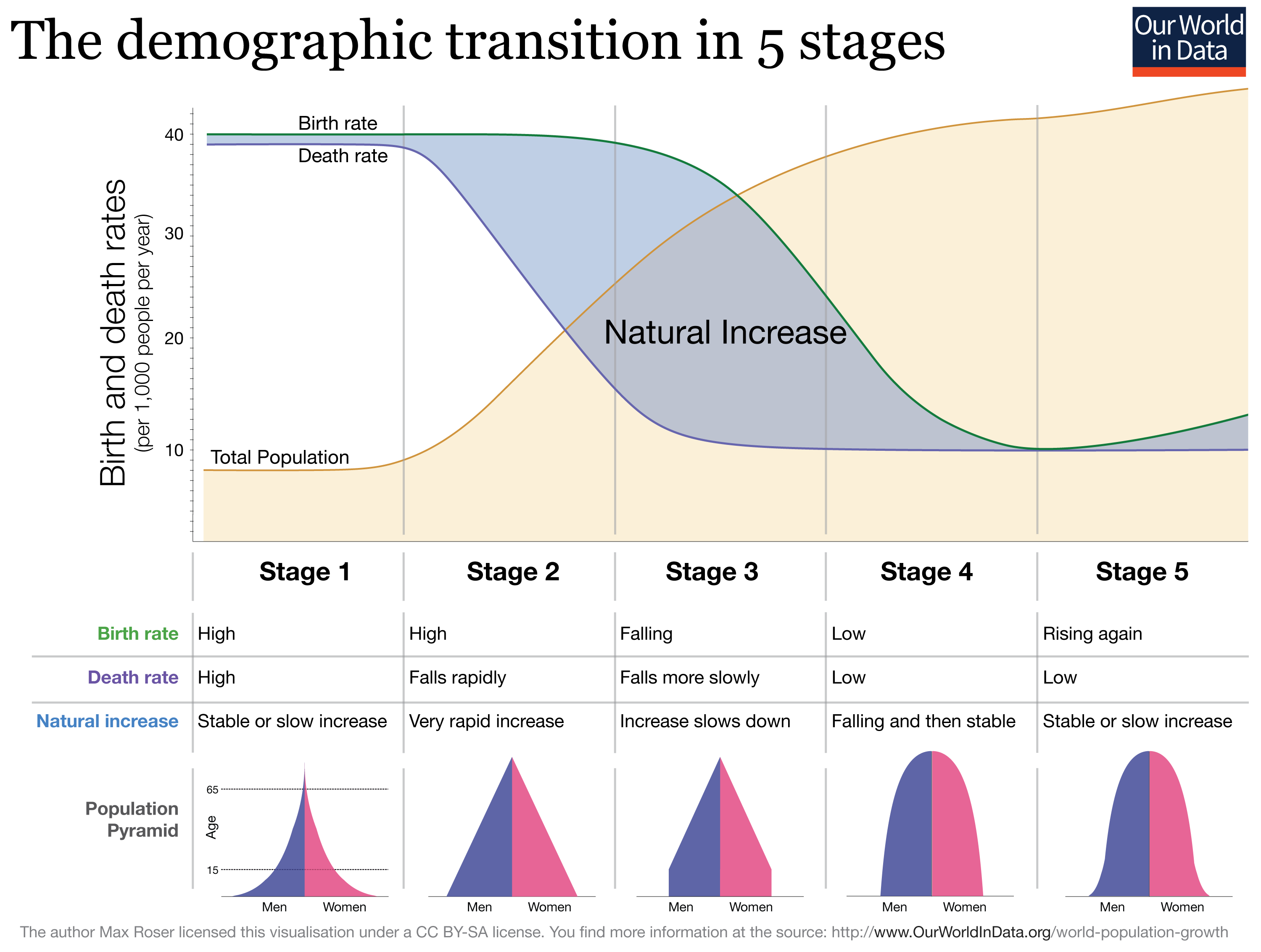Many wonderful Cup of Jo readers have asked for a series on climate change, and we would love to kick off the conversation and hear your thoughts. (We will also have many more posts coming up.) First off, here’s the single most important thing you can do…
Climate change has been shown to be one of the largest threats to the global economy, national security, and, you know, the existence of humankind. It’s such a daunting topic that many of us (most of us?) often feel too overwhelmed by information or frozen with fear to talk about it — or perhaps we just don’t know what to say, so we say nothing at all.
Turns out, that’s a big part of the problem, according to climate scientist Katharine Hayhoe, who directs the Texas Tech University Climate Science Center. “The most important thing any single one of us can do to fight climate change is talk about it,” she told me on the phone. Because, right now, the most urgent threat to our climate is the lack of understanding around it and our role in its future.
So, what is really happening and what do we do? And does any of it actually help or are we just doomed? On that last one at least, the answer is simple: No. While the situation is dire, hope is certainly not lost.
With Hayhoe’s help, we’ve put together a list of helpful — and actually doable — things we can take on to make a difference.
What can we do? A lot, actually!
Faced with this huge, complex problem, it’s so easy to throw up our hands. Do any of our personal changes matter at this point? YES. In fact, they’re necessary. Think of this as a three-tier process: Individual action, community action and policy change.
1. First, Individual Action
Start by figuring out the biggest piece of your personal carbon footprint. Hayhoe suggests using a detailed carbon calculator. “Each of us has a different lifestyle, so the biggest bang for our buck in reducing our own carbon emissions could be very different from someone else’s.” It might be your daily commute, your heating system, your food choices, or where you shop. Hayhoe also recommends checking out Project Drawdown which ranks 100 different solutions to climate change — from composting to
2. Second, Community Action
Many of our personal changes can then be implemented at the community level. Take the goal of reducing food waste — a huge factor, especially in this country. We throw out a third of the food we produce, according to Hayhoe. “If global food waste were a country,” she says, “it would be the
You can start by addressing your household food waste, and at the same time, look into your local groceries to see what their policy is on misshapen apples and other “unsellable” produce. “There are many nonprofits that collect these items and distribute them to low-income households which may not be able to afford fresh produce.” Is your supermarket working with one? If not, perhaps start researching organizations yourself. Email your local officials and put it on their radar, too. You don’t have to be an expert or a full-time activist. Just get the ball rolling.
To find organizations in your area, you might start by searching for nonprofits in your region on Charity Navigator or GreatNonprofits. You can also look at your local government website to see what initiatives your community is working on, and how you might get involved. And check out
 PREVIOUS ARTICLE
PREVIOUS ARTICLE





